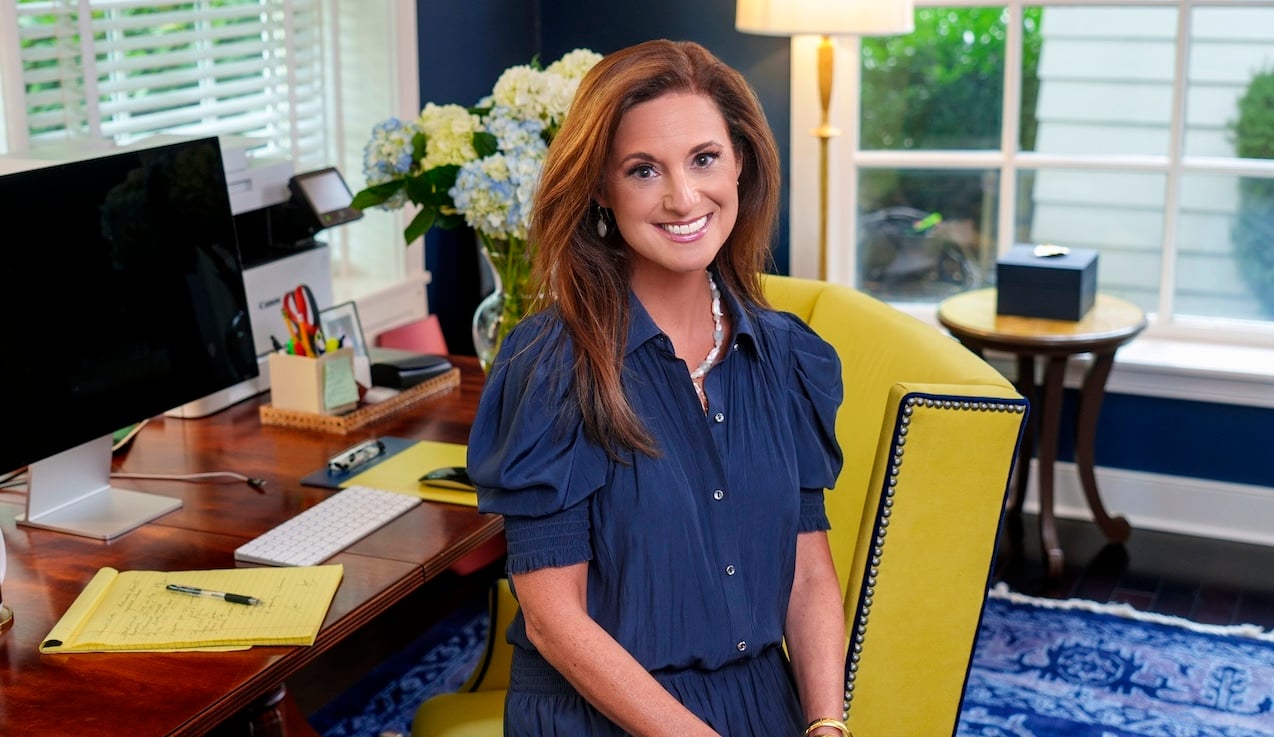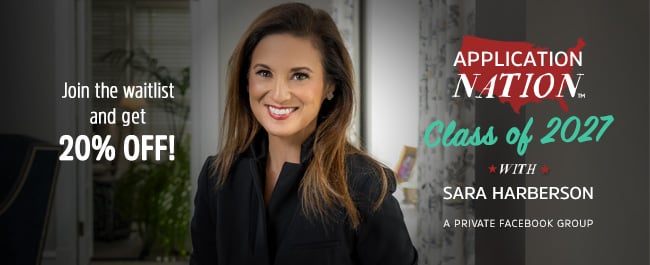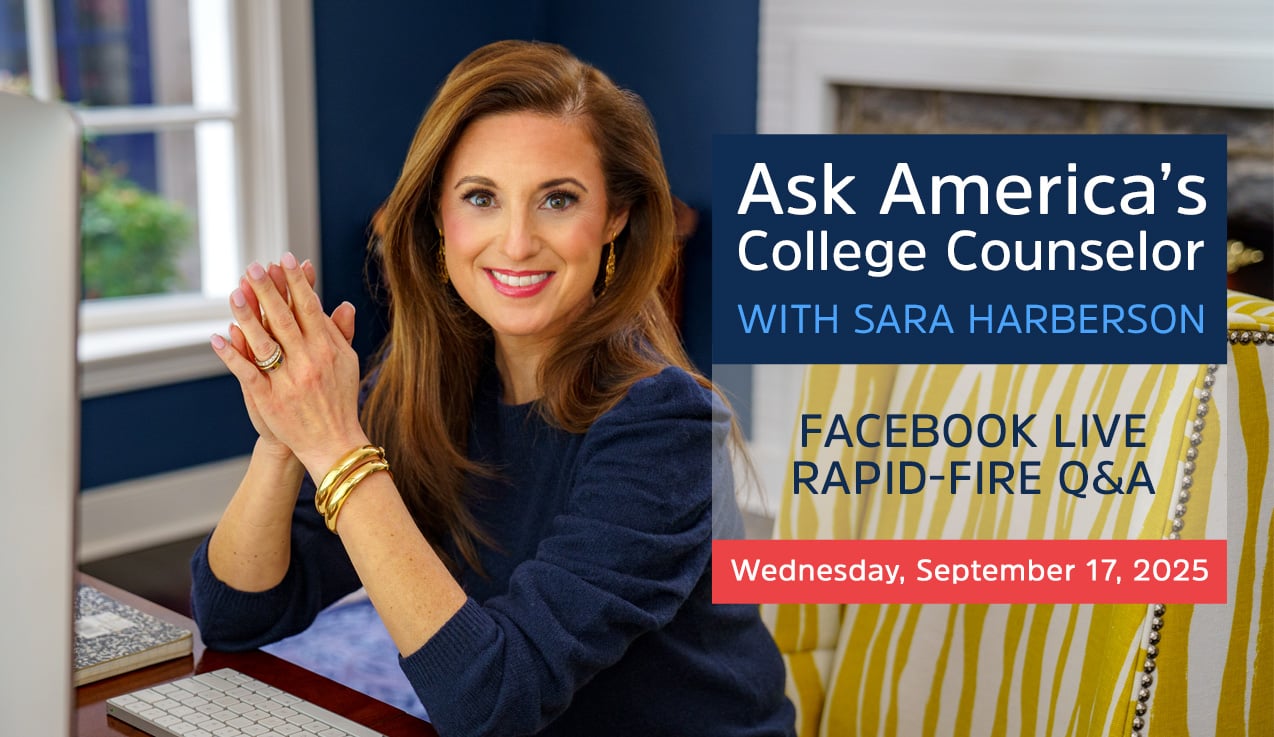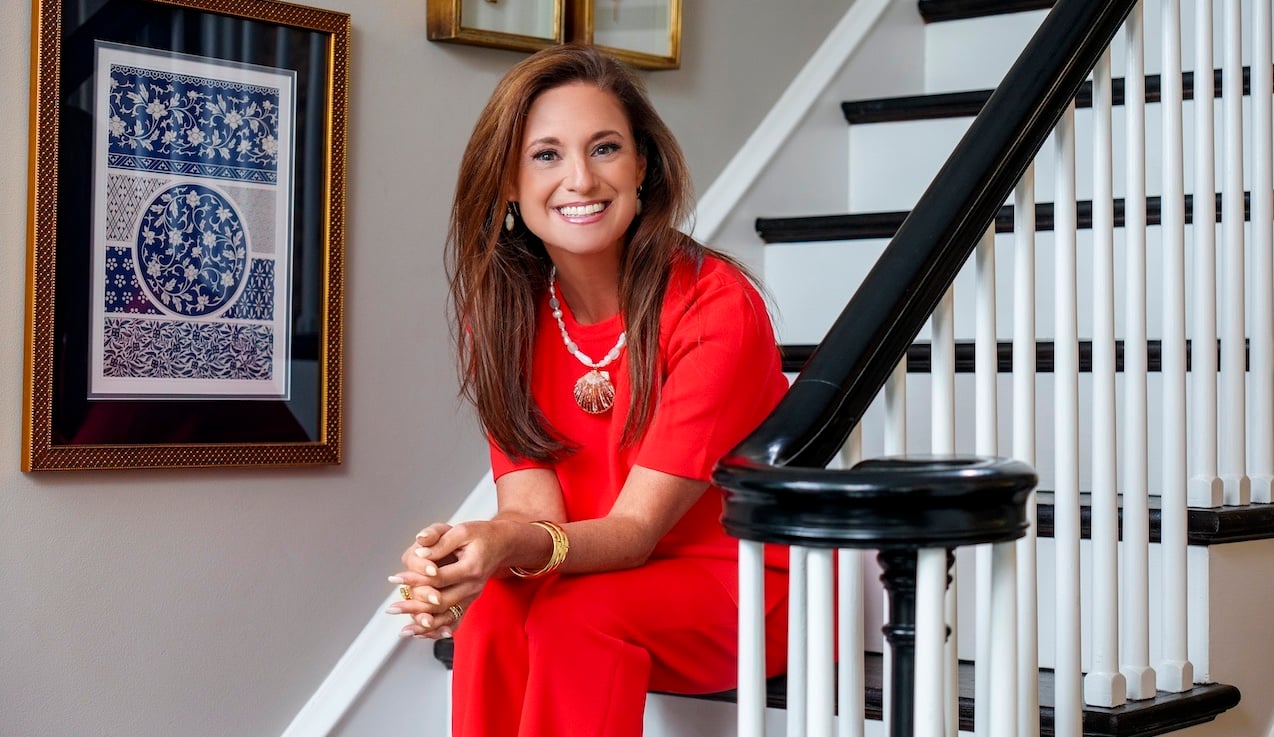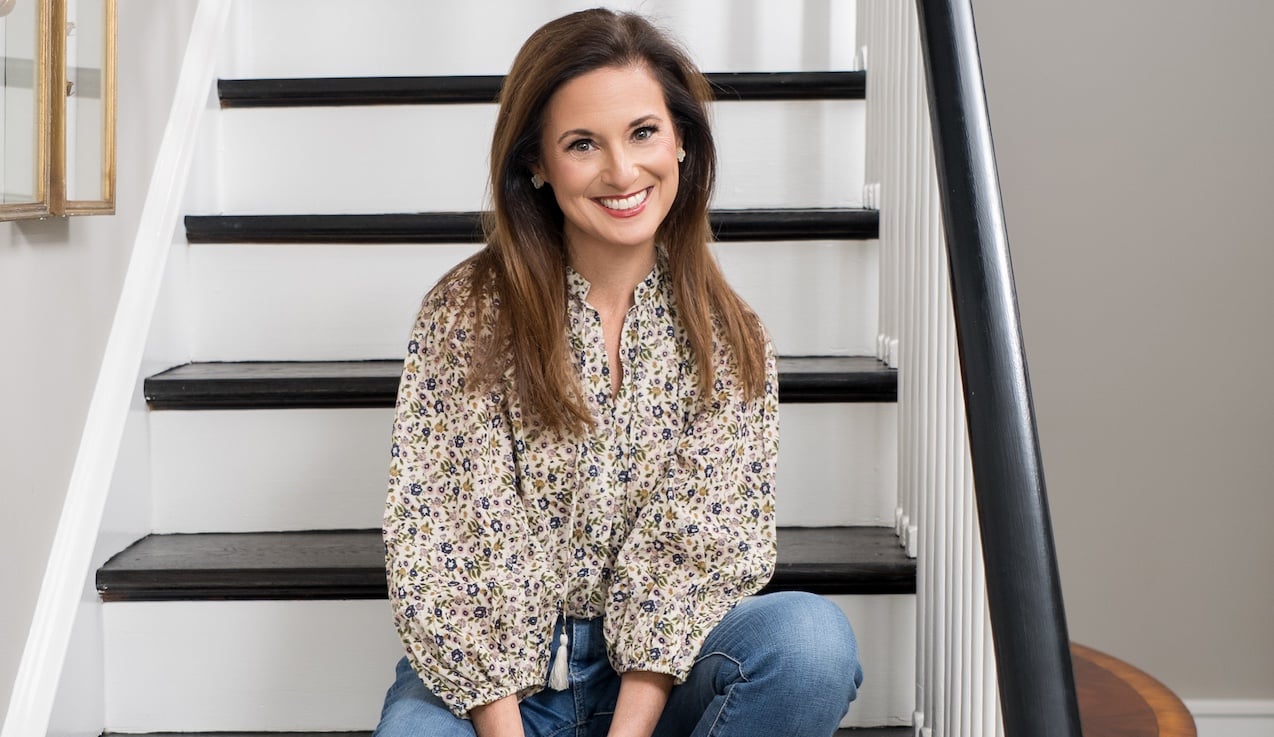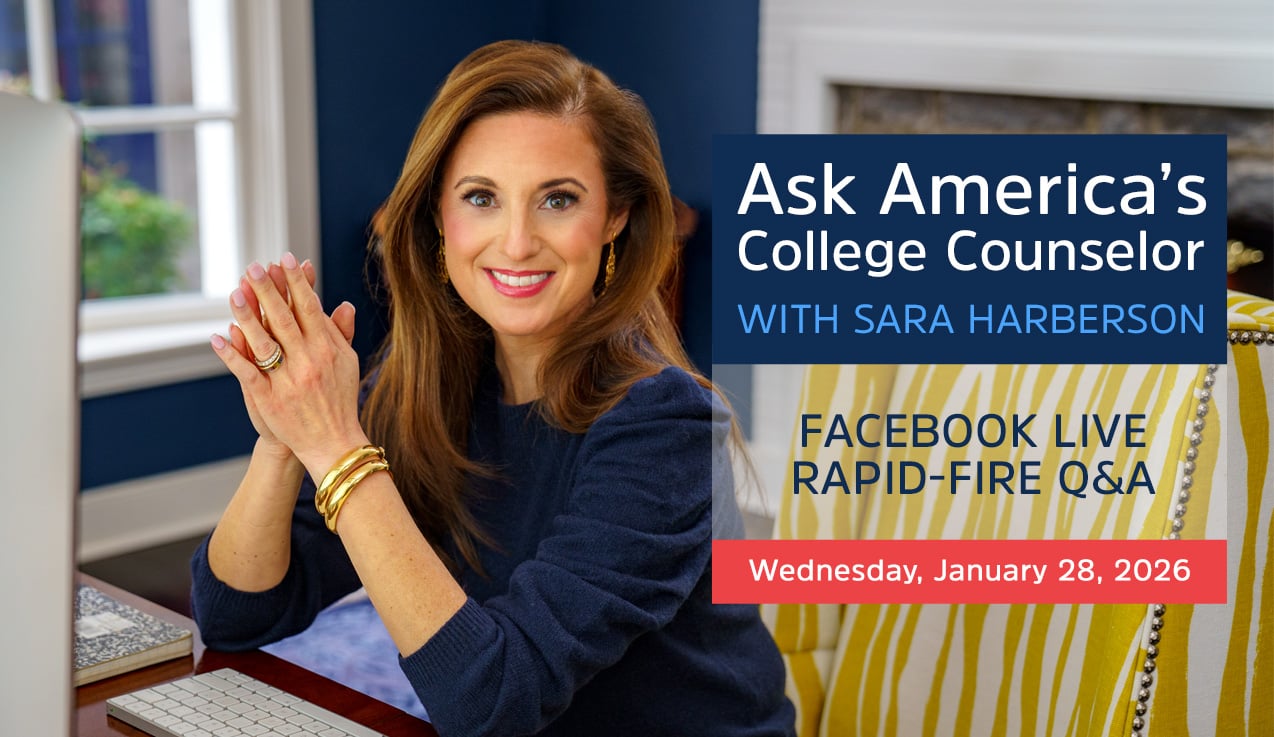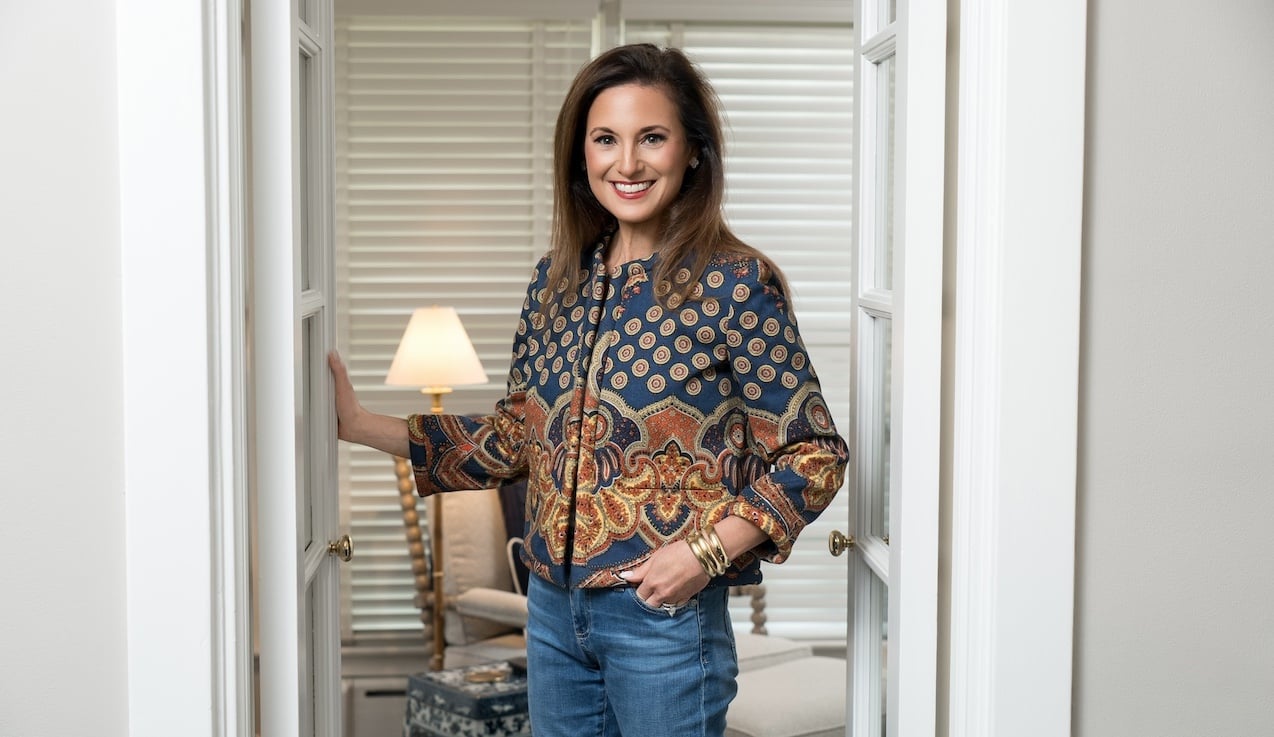Elite institutions have been the dream destination for many college-bound students for centuries—so much so that it is sometimes difficult to get students to look beyond them.
As a college counselor, it can be frustrating when a student will only consider certain colleges. But I know the realities of this process. I used to work in admissions for one of those elite institutions. Prestige is often valued over fit, until now.
RELATED READING: Applying to College? Here's the Secret to Getting In
The most prestigious universities in the country are facing historic pressure. The Trump Administration is targeting many for illegally using race in college admissions, discrimination, antisemitism, and Title IX violations. Hundreds of millions of dollars in funding have been frozen, leaving many high school students wondering if research opportunities will be gone before they even arrive. Cornell University faces $1 billion in funding losses, for example. Layoffs have already been announced at some institutions. Johns Hopkins University terminated 2,000 employees just this year. Departments and programs are getting consolidated or eliminated due to operating deficits, forcing students to wonder if what they want to study will actually be available to them.
Several institutions have settled, like Brown University, Columbia University, and the University of Pennsylvania. Of note, Brown and Columbia have agreed to provide the administration with admissions data relating to applicants' standardized test scores, GPAs, and race. You'd better believe they will be extremely cautious about who they admit moving forward. One wrong move in admissions, and they will be investigated and punished.
The microscope on elite institutions has never been more magnified. In August, a class action lawsuit was filed accusing 32 institutions for giving wealthy students advantages during the Early Decision round of admission. Out of the 32 institutions, all are elite private colleges and universities. You'd better believe these institutions will be extremely cautious this year too.
Brown, Columbia, Duke University, Johns Hopkins, Northwestern University, University of Chicago, and the University of Pennsylvania face double jeopardy. They are not only being targeted or have been targeted by the administration, but they have also been named in the class action lawsuit. Everything they do right now will be scrutinized.
If there is ever a time to not apply to elite institutions, this is it. I have been exalting the benefits of attending small liberal arts colleges and public universities with tremendous honors programs for years. It often falls on deaf ears. Some families don't want to consider these options. But they should.
RELATED READING: Why I Love Small Liberal Arts Colleges
Small liberal arts colleges only focus on undergraduates. Research opportunities abound in every single department. Undergraduates are not competing with graduate students for research. And the number of students in each department are a fraction of the number at larger universities, which means more mentorship from professors. Speaking of faculty, it is rare for a student at a small liberal arts college to be taught by anyone but a full-time professor. With no graduate assistants, professors actually teach.
At large public universities, merit scholarships can be plentiful. Tuition is often considerably lower, especially for in-state students. Honors programs have pipelines to graduate and professional schools that would make elite universities envious. And the number of students getting selected for prestigious, postgraduate scholarships, like the Rhodes Scholarship, have multiplied in recent years.
READ MORE: My Tips for the 5 Trickiest Sections To Get Right on the Common App
The job market is just as treacherous as higher education right now. Just because you graduate from an elite institution doesn't mean you will be successful. Jon Gray, the CEO of Blackstone, recently commented in an interview that those who "innovate to make the firm a better place" are extremely valued regardless of where they went to college.
If fit was valued more in the college search, we would all go—and want our children to go—where we found the best match instead of the best name. The institutions with the "best names" are the ones struggling the most right now. We are at a moment in history when students can embrace a different type of institution, one that values individual students rather than individual success.


